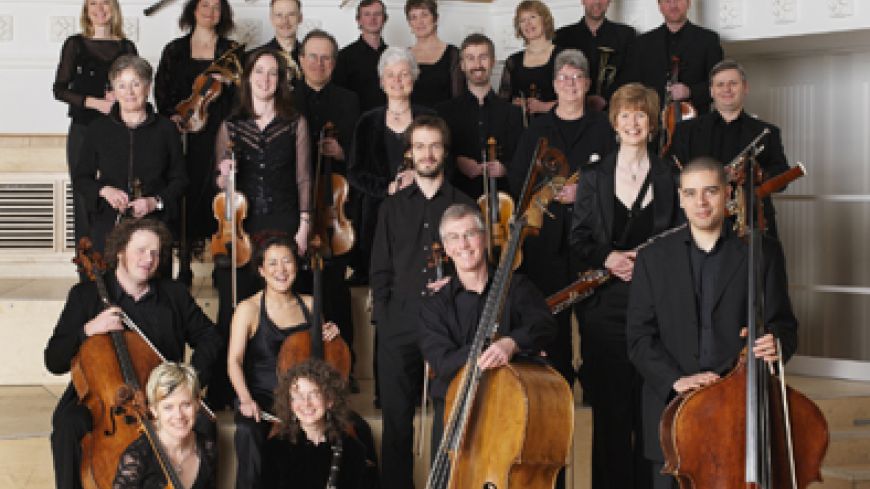
The Scottish Chamber Orchestra began this classical programme with a stirring Haydn composition.
Financially secure, and at the peak of his musical career, Hadyn was feted by society and musical organisations when he came to London in 1791. Invited to attend the annual dinner of the Royal Society of Musicians he composed the 'March for the Royal Society of Musicians' specifically for the occasion. (The Society is Britain's oldest charity and Sir Peter Maxwell Davies, the composer Laureate, is its current patron.) A short, flamboyant piece beginning with an impressive drum roll, it had all the hallmarks of pomp and circumstance.
Mozart's Violin Concerto No 5 in A Major was next on the programme. Although we associate Mozart as being a virtuoso keyboard player, in his youth he also excelled as a violinist, encouraged by his father Leopold, who was a renowned tutor of the violin.
Mozart's five solo violin concertos - some of which he played himself - were all composed by the age of twenty, before he left the Salzburg court for Vienna in 1781 to lead a more independent life.
Baiba Skride, the Latvian violinist, was the soloist. A competent, confident player she has notched up an impressive number of performances playing with some of the world's most prestigious orchestras.
Playing a Stradivarius Wilmelmj violin, made in 1726, she immediately settled herself into the instrument at the slow cadenza in the first movement and thrilled the audience with her interpretation of the concerto, creating beautiful rich sounds and playing the high notes in the cadenzas with exquisite ease.
Thierry Fischer, the Swiss guest conductor, really came into his own in the final piece of the programme - Johannes Brahms Serenade No 1.
First performed in 1858 when Brahms was twenty-five, the Serenade No 1 began its life as a chamber piece but Brahms developed it into a symphonic work in six movements. Conducting with a passion and completely immersed in the music, Fischer brought out a great performance in the musicians, particularly in the string passages that are so prevalent in this idiosyncratic piece.
Dates:
Glasgow City Halls - Friday 9 April 7.30pm
Dumfries DG One - Saturday 10 April 7.30pm
Inverness Eden Court Theatre - Sunday 11 April 8pm

